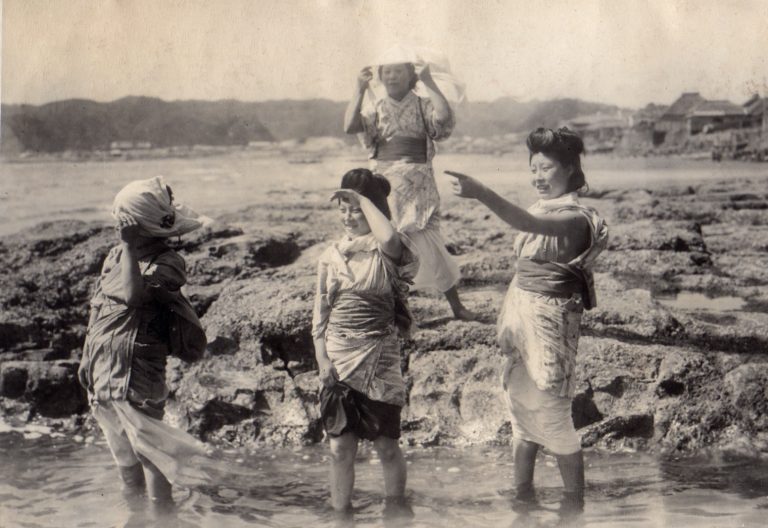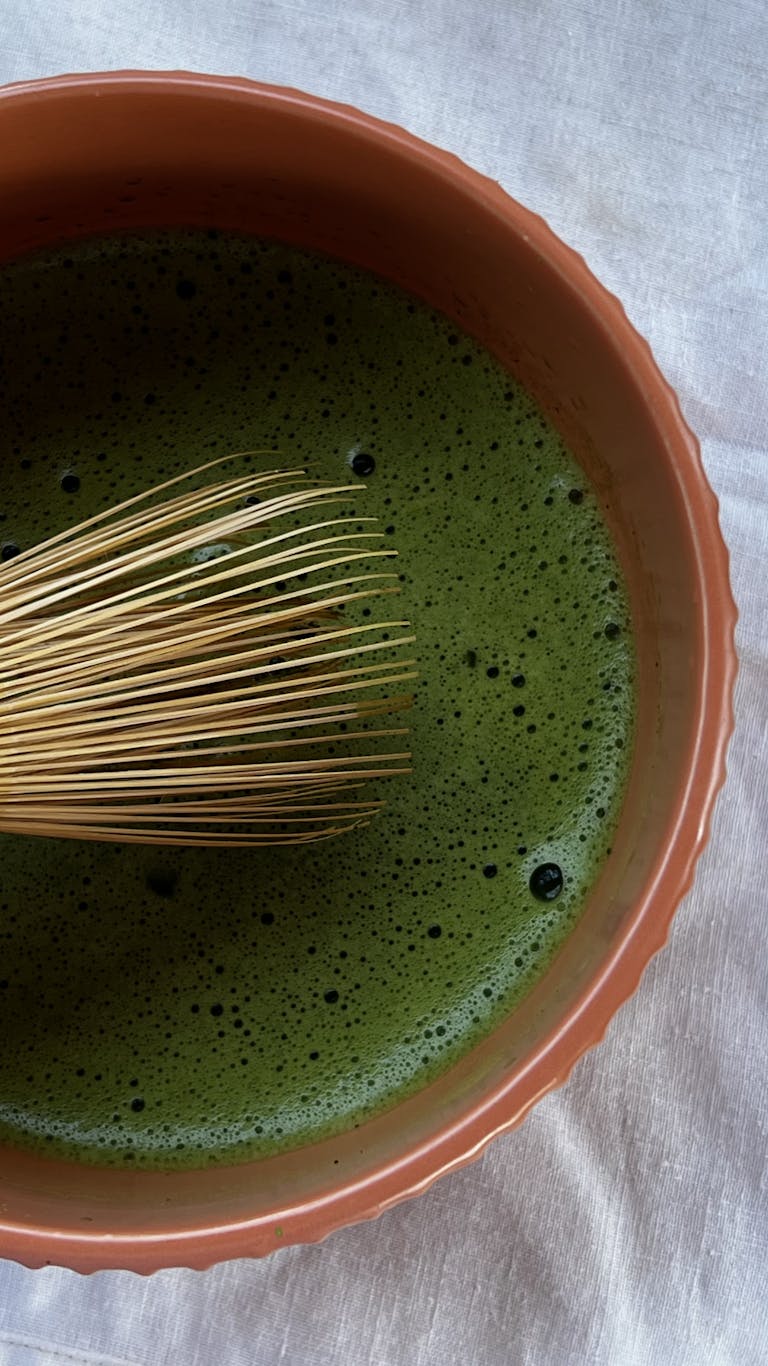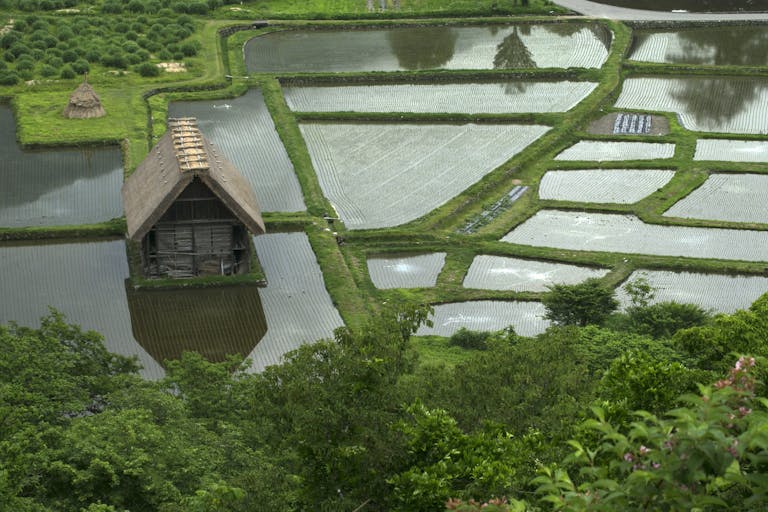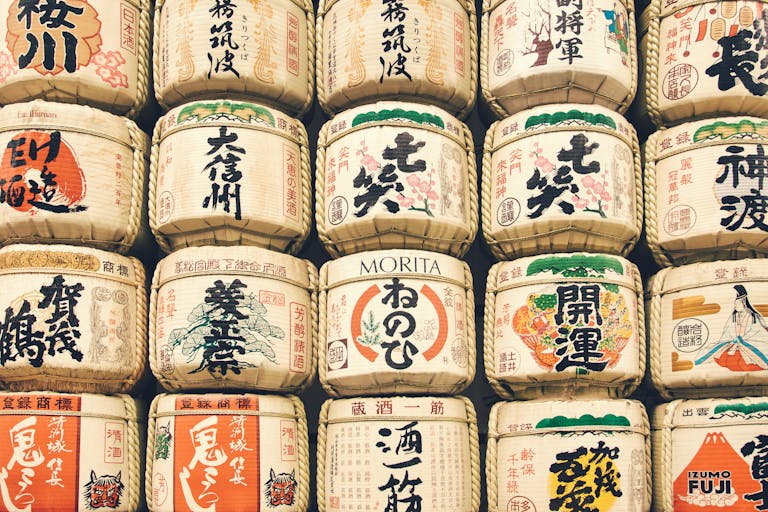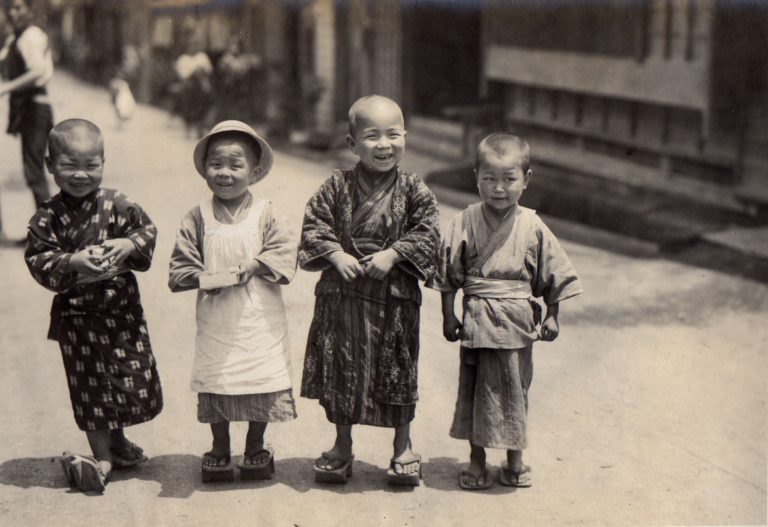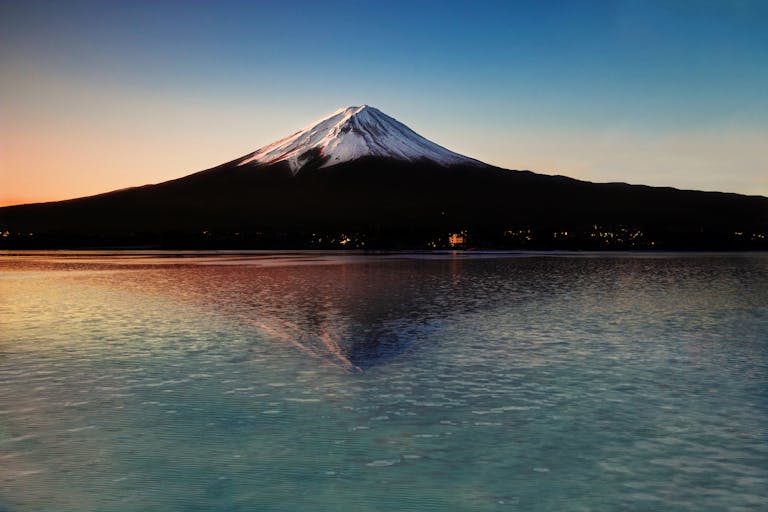The Lunisolar Calendar—Forgotten Rhythm with Nature: Unveiling What GHQ Feared and Erased from Japan Part 7 and Final Words
Introduction
I have been on this rambling journey to explore what Japan has lost because of post-war GHQ occupational forces, and now we are on the final leg of this journey. In this final post of the series, I will explore the Lunisolar Calendar of Japan. Just as any ancient cultures on the Earth did, Japanese people had been always aware of the influence astrological movements have on their daily lives until they didn’t any longer. Japan had its own system of keeping time and rhythm with Nature, synchronizing rituals of prayer and gratitude with it throughout the cycle of seasons. However, the Japanese government abruptly changed it to the Western Gregorian system during the Meiji Restoration. Even though Japanese people kept on using their original system up until about the 1940s, it couldn’t survive the GHQ during the occupation era post-war. Now, 80 years later, younger generation folks like me don’t even know that this other mysterious calendar system used to exist. So, here I am on a journey to pick up yet another lost fragment of my ancestral lineage. Now, let’s get rambling to discover what lies ahead.

The Tenpō Calendar: Japan’s Original Timekeeping System
For centuries, the Japanese people followed their own calendar system, the Tenpō Calendar (天保暦), a lunisolar calendar based on the movements of the sun, moon, and stars. This calendar was deeply intertwined with spiritual life, as ceremonies, rituals, and prayers were timed according to these celestial cycles to maximize their power and significance. Spirituality and shamanistic practices were not limited to priests or monks—ordinary people engaged in them as a natural part of daily life. This intimate connection to the cosmos was one of Japan’s hidden strengths, sustained well into the early 20th century.
The Meiji Government’s Abrupt Switch to the Gregorian Calendar
The year 1872 marked a major disruption. As part of Japan’s rapid modernization during the Meiji Restoration, the government suddenly abolished the Tenpō Calendar and adopted the Western Gregorian system. While this shift was framed as a step toward progress and international integration, financial struggles played a major role in the decision.
At the time, many samurai, whose privileges had been taken away after the fall of the Edo period, were working as government employees. Under the Tenpō system, they were paid a salary for 13 months a year. By switching to the Gregorian system—where the year contained only 12 months—the government could immediately eliminate an entire month’s salary expenses. Furthermore, due to the rushed transition, what should have been December 3rd in the old system became January 1st in the new system, effectively skipping another full month of wages. This maneuver saved the government two months’ worth of payments but caused widespread frustration, especially among the working-class samurai.
Scholarly Backing and Public Confusion
To further cement the change, influential scholars like Yukichi Fukuzawa published writings that mocked the Tenpō system as outdated and illogical, promoting the Gregorian system as more modern and rational. Despite the government’s enforcement, many Japanese people continued using the Tenpō calendar in daily life for decades. The shift was not just a matter of dates—it disrupted the deep-rooted spiritual and seasonal rhythms that had guided Japanese life for generations.
GHQ’s Final Blow to the Lunisolar System
Even after the Meiji government imposed the Gregorian calendar, ordinary people still kept track of time using the Tenpō system. This lasted until 1945, when the General Headquarters (GHQ) of the American occupation strictly enforced the use of the Western calendar. By permanently severing the connection between calendar dates and the natural lunar cycles, traditional customs, rituals, and prayers lost their cosmic alignment. Over time, the deeper meanings behind these ancient practices faded, and today, most Japanese people regard historical calendar-based holidays as just another day off, unaware of their true significance.
The Ban on Kigen Festival and Japan’s Divine Origins
Another critical suppression by the GHQ was the ban on Kigen Festival (紀元節) on February 11th. This date, originally January 1st in the Tenpō system, symbolized the mythical founding of Japan by Emperor Jinmu 2,685 years ago. It was a sacred event celebrating Japan as a nation of divine origin. Fearing that this belief would unify and strengthen the Japanese people, GHQ erased its significance and attempted to sever the cultural memory of Japan’s sacred beginnings by renaming this day National Foundation Day and the origin stories or mythologies were terminated from all textbooks for Japanese children.
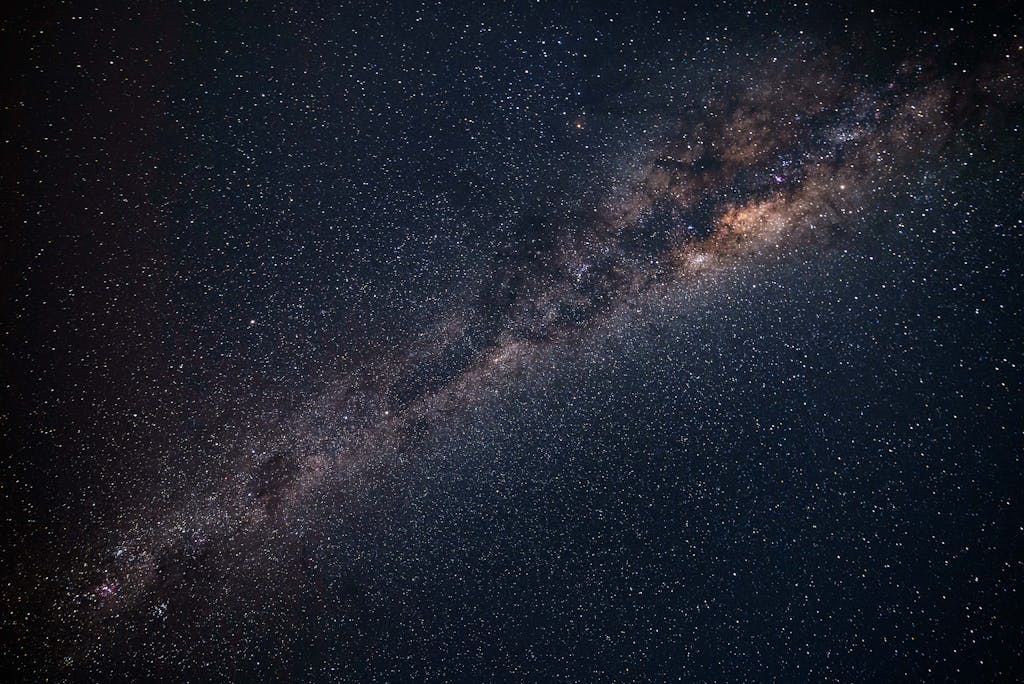
Conclusion
After 80 years of Western timekeeping, most modern Japanese people do not even realize that their ancestors followed an entirely different calendar—one that kept them in harmony with the natural world. The forced shift to the Gregorian system was not just about changing dates; it deliberately disrupted spiritual traditions, weakened cultural identity, and erased Japan’s historical connection to the cosmos. Perhaps by revisiting this lost knowledge, we can begin to restore some of the wisdom that was taken away.
Next Step for Restoration
So, let’s go over our cultural restoration series here and complete this rambling journey together.
As we’ve seen, GHQ systematically dismantled key elements of traditional Japanese culture—nutrient-rich sacred rice, community-binding sake customs, natural sea salt with its vital minerals, pure water sources, spiritually significant hemp cultivation, the soul-infused Japanese language, and the cosmically aligned calendar. These weren’t random targets but carefully selected pillars that had sustained Japanese physical strength, spiritual connection, and social cohesion for centuries.
The impact of this cultural dismantling is profoundly felt in modern Japan. The superhuman physical capabilities of our ancestors have vanished, replaced by widespread health issues. The spiritual practices that gave meaning and cosmic connection have been replaced by materialistic pursuits. Community bonds have weakened in favor of individualism and competition.
Yet, as my own journey reveals, the essence of these traditions isn’t entirely lost. My inexplicable childhood discomfort with using the word watashi (meaning I) written as “私” (changed by GHQ for individuality and separation) instead of “和多志” (unity toward goodness of all) shows how our cellular memory can preserve what has been deliberately erased from our conscious knowledge. There’s something deeply encoded in us as Japanese people that remembers our true heritage. Yey!
For Japan to restore her cultural strength, we must first acknowledge what was taken. By reconnecting with these traditions, we can begin healing the wounds inflicted by GHQ’s cultural assassination. Now, there’s something of extreme importance to remind us all.
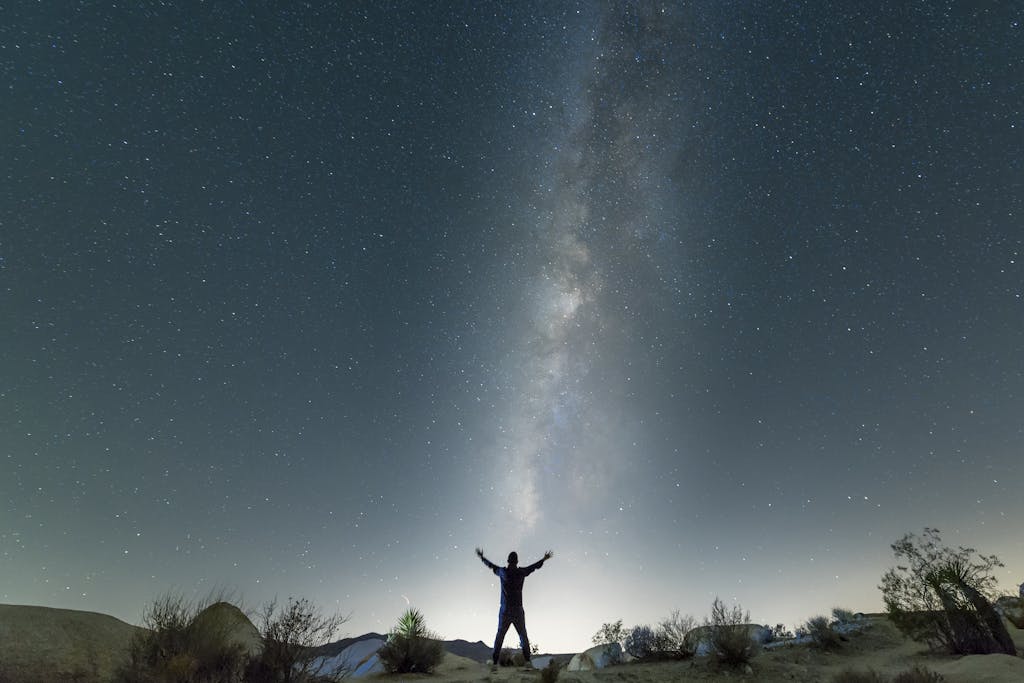
These cultural explorations into world history shall not further drive us into hating each other; it’s quite the opposite. We, having a rainbow spectrum of diverse lineages and cultural treasures, are to unite in the common goal of restoring all and elevating all for the good of all living beings. We all need to understand that there’s a particular force or energy in the world that works completely opposite way to what I wrote above. This energy extracts the value out of people and tries to dominate. Atrocities done to people by people throughout human history were caused by that force. It’s the same for the case of Japanese people and GHQ. Let’s remind ourselves that this energy gains more capital and more control through tricking different groups of people to be against each other. We as world citizens are not supposed to compete and fight with each other but rather create together. I believe that everything, even all the horrible destruction throughout history, happens for the good of all ultimately. With that, I give thanks to all that happens for me, to my ancestors who paved the way, and to all of your ancestors and future generations all over the world.
This isn’t about returning to the past but about reclaiming the wisdom that can ripple out to the whole of Earth, using the lessons from my own cultural history. That same feeling of loss that haunted my childhood now drives me to recover these treasures, not just for Japanese people but for people everywhere. I am grateful to be participating in this restoration journey with my part in Japanese culture. In sharing this knowledge, I hope to spark recognition in others who, like me, sensed something was missing but couldn’t name or grasp it. The rising sun of Japan’s true cultural heritage may have been tainted, but it was never extinguished. With hope and renewed strength, I will conclude this series of rambling explorations into what Japan almost lost but has started to recover again. For those of you who have been on this journey the whole way, I am so grateful for your company! Even if you were with me for only a part of the journey, I am still grateful to you as well. Thank you, and I hope you found some valuable pieces to the grand fabric of your life story. I sure did! Okay, I will see you again on another rambling journey to somewhere wonderful. For now, farewell friends! では、またね!
P.S. Please leave your opinions, feelings, requests, etc. below; I would love to hear from you! Also, please consider joining my periodic newsletter from the homepage so we can keep in touch with the latest posts, Japan’s hidden gems, traveling tips, recipes and more:)

